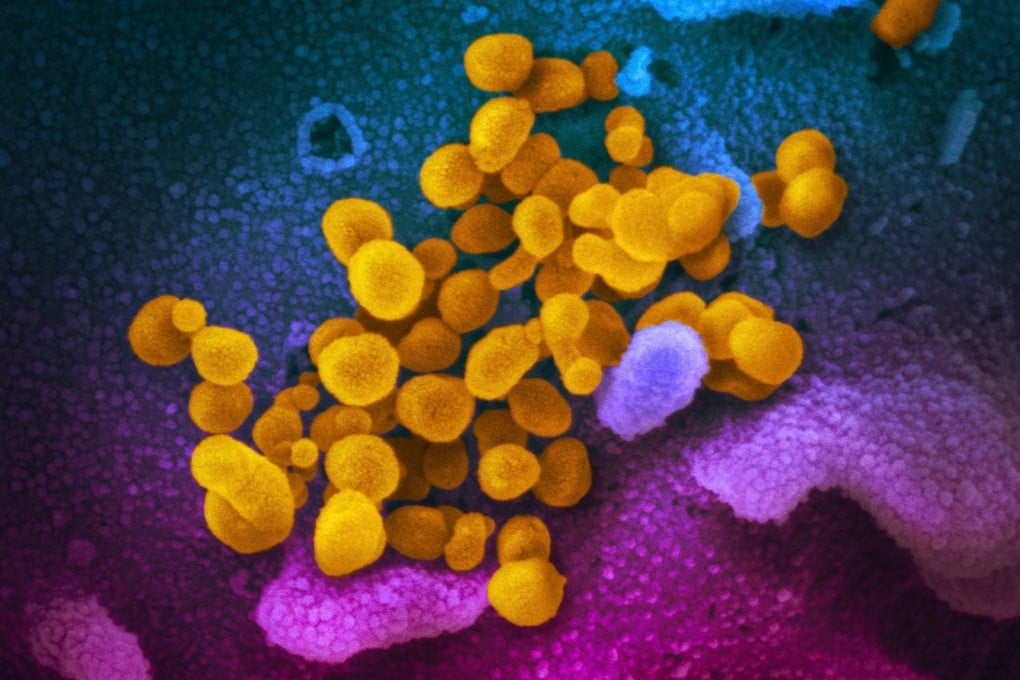There was no vaccine for Sars or Mers. Will there be one for the new coronavirus?
- A month has passed since China locked down millions of people in Wuhan and other cities in Hubei at the heart of the epidemic
- In the first part of a series, the Post looks at how the race to find a vaccine may be different than for other coronaviruses

Seventeen years after the severe acute respiratory syndrome (Sars) outbreak and seven years since the first Middle East respiratory syndrome (Mers) case, there is still no coronavirus vaccine despite dozens of attempts to develop them.
As research institutes and companies around the world race to find potential vaccines for a new coronavirus strain that has infected nearly 80,000 people and claimed more than 2,000 lives, the question is, will this time be different?
Communicable disease outbreaks are handled by stopping transmission and with medicines and vaccines, but developing those vaccines takes time as they have to go through trials to ensure they are safe and effective.
They are also costly. According to Michael Osterholm, director of the Centre for Infectious Disease Research and Policy at the University of Minnesota, it can cost as much as US$1 billion to develop, licence and manufacture a vaccine from scratch – including building a facility to produce it in.
For Sars in 2003, it took four months before the genome sequence of the coronavirus was available to develop antigens that could be used for animal and cell culture trials.